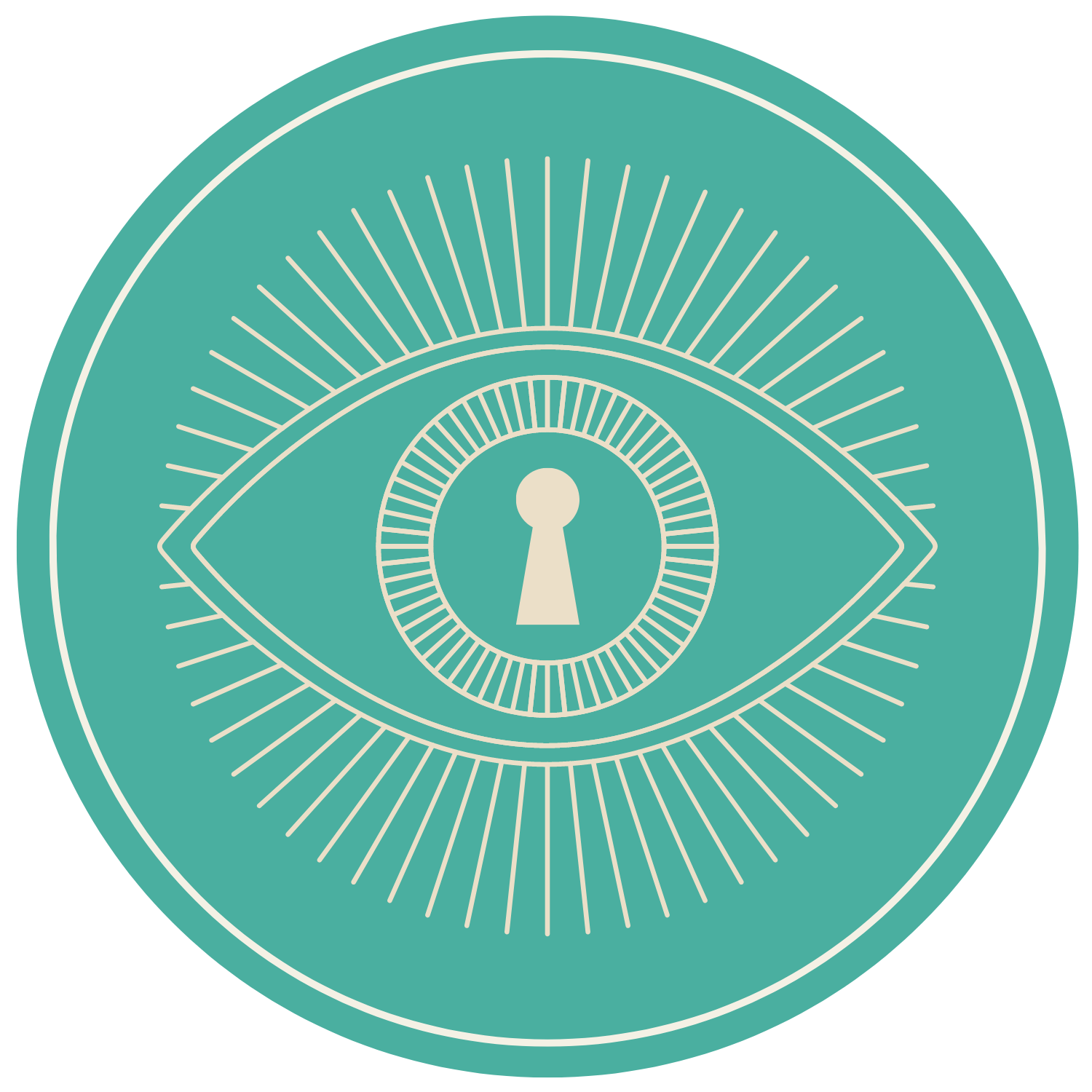Comprehensive Guide to DBT: A Therapy to improve Mental Health
Dialectical Behavior Therapy (DBT) is a form of cognitive-behavioral therapy specifically designed for individuals who experience emotions intensely. Initially developed to treat borderline personality disorder (BPD) and suicidal behavior, DBT has since been adapted to treat a wide range of mental health conditions. In this comprehensive guide, we will discuss the principles, components, and applications of DBT, as well as how to find a suitable therapist.
What is DBT?
Dialectical Behavior Therapy is a type of talk therapy based on Cognitive Behavioral Therapy (CBT). However, it has been specially adapted for people who experience emotions intensely. DBT focuses on helping individuals accept the reality of their lives and their behaviors while simultaneously learning to change their lives, including unhelpful behaviors.
The term "dialectical" comes from the idea that bringing together two opposites in therapy—acceptance and change—brings better results than either one alone. A unique aspect of DBT is its focus on acceptance of a patient's experience as a way for therapists to reassure them and balance the work needed to change negative behaviors.
History of DBT
DBT was developed in the 1970s by American psychologist Marsha Linehan. Initially designed as a treatment for individuals with suicidal behavior and BPD, DBT has since been adapted to address a broader range of mental health issues that threaten a person's safety, relationships, work, and emotional well-being.
Components of DBT Mental Health Therapy
Standard comprehensive DBT has four main parts:
Individual therapy
One-on-one sessions focus on addressing specific issues and goals related to the patient's life.Group skills training
Participants learn and practice essential coping skills in a group setting.Phone coaching
Therapists provide support and guidance during crises between sessions, if needed.Consultation group for health care providers
Therapists meet to discuss patient care, stay motivated, and maintain adherence to DBT principles.
Patients are expected to complete homework assignments and practice new skills, such as filling out daily "diary cards" to track emotions, urges, behaviors, and skills.
Four Skills Modules
DBT skills training focuses on four main areas:
Mindfulness
The practice of being fully aware and focused in the present moment, rather than dwelling on the past or worrying about the future.Distress tolerance
Understanding and managing emotions in difficult or stressful situations without resorting to harmful behaviors.Interpersonal effectiveness
Learning how to assertively express needs, set boundaries, and maintain respect for oneself and others in relationships.Emotion regulation
Developing awareness and control over emotions, reducing emotional vulnerability, and increasing emotional resilience.
Conditions Treated by DBT
While initially designed for individuals with suicidal behavior and BPD, DBT has been adapted to treat a wide range of mental health problems, including:
Borderline Personality Disorder (BPD)
Self-harm
Suicidal behavior
Post-traumatic stress disorder (PTSD)
Substance use disorder
Eating disorders, specifically binge eating disorder and bulimia
Depression
Anxiety
Finding a DBT Therapist
Choosing the right DBT therapist is crucial for successful treatment. Here are some tips for finding a suitable therapist:
Ask for referrals
Talk to your primary healthcare provider, friends, or family members for recommendations.Search online
Look for therapists through local psychological associations.Verify credentials
Ensure the therapist is a certified and licensed mental health professional and specializes in treating your specific concern.Ask questions
Reach out to potential therapists to inquire about their experience, training, and approach to DBT.
Important questions to ask a potential DBT therapist may include:
What is the nature of your training in DBT?
Do you provide comprehensive DBT or a modification? If not comprehensive DBT, why not?
Do you belong to a DBT consultation team?
What's your policy on phone calls and emails during the week?
How much time will you initially ask me to commit to for the entire therapy process?
Benefits and Risks of DBT Mental Health Therapy
DBT has proven to be effective in helping individuals with various mental health conditions. For people diagnosed with BPD, in particular, DBT can result in:
Less self-harm behavior and anger
Fewer hospitalization days
Reduced drug and alcohol misuse
Improved depressive symptoms
However, DBT may not be suitable for everyone and can be challenging. DBT is more likely to work if you:
Are committed to making positive changes
Are ready to fully commit to therapy and complete homework assignments
Focus primarily on the present and future, rather than the past
Feel comfortable participating in group sessions with others
Duration of DBT Mental Health Therapy
DBT typically takes at least six months to a year. However, each person is unique, and mental health conditions are complex. Treatment for BPD, in particular, can often take several years. It's important to remain patient and committed to the therapeutic process, as any progress is a step towards an improved quality of life.
Conclusion
DBT Mental Health Therapy is an effective treatment for individuals who experience intense emotions and struggle with various mental health conditions. By combining acceptance and change, DBT aims to improve emotional regulation, interpersonal effectiveness, and overall well-being. If you believe that you or a loved one may benefit from DBT, consult with a mental health professional to discuss treatment options and find a suitable therapist.





